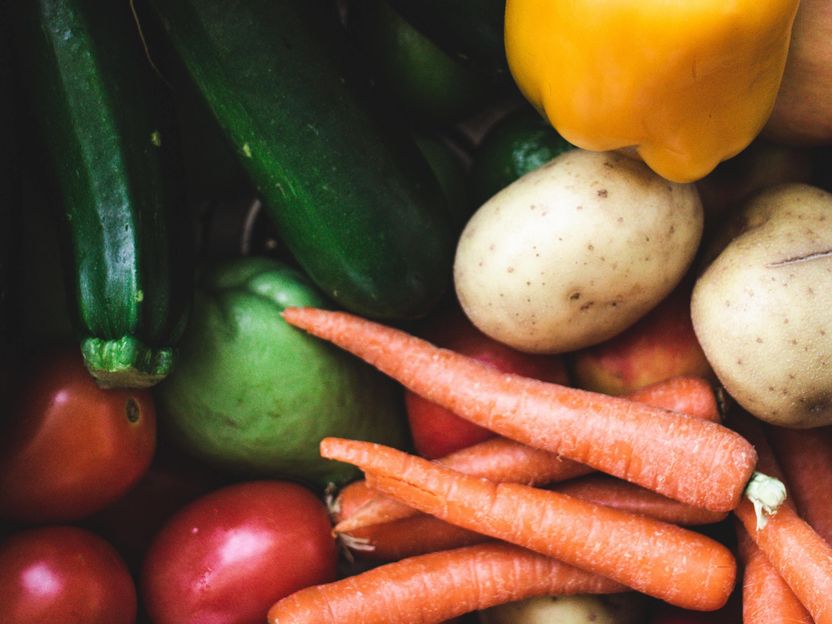Rising global demand for food
KfW makes a major contribution to food security and combating rural poverty
Advertisement
KfW today concluded another loan agreement in Rome with the International Fund for Agricultural Development (IFAD) on behalf of the Ministry for Economic Cooperation and Development (BMZ) for a promotional loan of EUR 400 million. EUR 400 million was disbursed for the first time in 2014. As an international financing institution and specialised UN organisation based in Rome, IFAD aims to improve food security in developing countries. Key issues are increasing agricultural production and adapting the agricultural and food sector to climate change. Another focus is currently on overcoming the consequences of the Corona pandemic, which is having a negative impact on supply chains worldwide and is thus also affecting the food supply of the poor rural population in particular. KfW funds will enable IFAD to finance a significant part of its planned investments - up to USD 3.5 billion in total from 2022-2024. The funds will help smallholder farmers to increase their production through, among other things, improved production techniques in crop cultivation and animal husbandry as well as modern, water-saving irrigation systems, to market their products and to clarify land use rights. They are also used to establish rural finance systems. KfW funds support IFAD's work, thus helping to ensure food security for the world's rural poor.

unsplash
"Global food demand will double in the next 50 years. Climate change is increasing production risk and reducing harvests. In addition, smallholder farmers face increasing challenges as global and local food markets continue to transform. Therefore, for IFAD as well as for KfW, smallholder farmers are always at the centre of agricultural development measures that serve both food security and poverty reduction," said Christiane Laibach, Member of the Board of Managing Directors of KfW Bankengruppe.
Note: This article has been translated using a computer system without human intervention. LUMITOS offers these automatic translations to present a wider range of current news. Since this article has been translated with automatic translation, it is possible that it contains errors in vocabulary, syntax or grammar. The original article in German can be found here.
Other news from the department business & finance

Get the food & beverage industry in your inbox
By submitting this form you agree that LUMITOS AG will send you the newsletter(s) selected above by email. Your data will not be passed on to third parties. Your data will be stored and processed in accordance with our data protection regulations. LUMITOS may contact you by email for the purpose of advertising or market and opinion surveys. You can revoke your consent at any time without giving reasons to LUMITOS AG, Ernst-Augustin-Str. 2, 12489 Berlin, Germany or by e-mail at revoke@lumitos.com with effect for the future. In addition, each email contains a link to unsubscribe from the corresponding newsletter.





























































